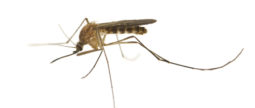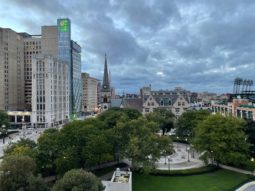 As part of the KGNU Fund Drive, this episode of How on Earth features excerpts of Beth Bennett’s interview of Dr. Gavin Francis about his book Recovery: The Lost Art of Convalescence. We explore the difference between sickness and health, and the gap between them: Recovery. Based on decades of treating disease and injury, Dr Francis proposes a more active role of the individual in their recovery. We also talk about the importance of self-care and compassion, the role of the environment we create for ourselves, and the importance of caregivers.
As part of the KGNU Fund Drive, this episode of How on Earth features excerpts of Beth Bennett’s interview of Dr. Gavin Francis about his book Recovery: The Lost Art of Convalescence. We explore the difference between sickness and health, and the gap between them: Recovery. Based on decades of treating disease and injury, Dr Francis proposes a more active role of the individual in their recovery. We also talk about the importance of self-care and compassion, the role of the environment we create for ourselves, and the importance of caregivers.
Producer/Engineer: Joel Parker
Hosts: Joel Parker, Shelley Schlender
Feature Contribution: Beth Bennett
Executive Producer: Susan Moran
Listen to the show:
Podcast: Play in new window | Download (Duration: 27:50 — 38.2MB)
Subscribe: RSS



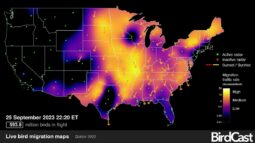
 Plastics: From Pollution to Solutions (start time: 0:58) We all want to think that the yogurt tubs, takeout containers and other plastic products that we toss into our kitchen recycling bin will actually get recycled. Chances are, they won’t. Plastic product makers have for many years been
Plastics: From Pollution to Solutions (start time: 0:58) We all want to think that the yogurt tubs, takeout containers and other plastic products that we toss into our kitchen recycling bin will actually get recycled. Chances are, they won’t. Plastic product makers have for many years been 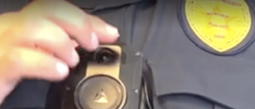
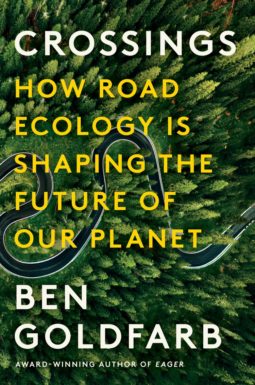 Wildlife Crossings (start time: 0:58) In this week’s show, host Susan Moran interviews journalist
Wildlife Crossings (start time: 0:58) In this week’s show, host Susan Moran interviews journalist 
 This week on How on Earth, Beth speaks with Robert Crifasi about his new book,
This week on How on Earth, Beth speaks with Robert Crifasi about his new book, 